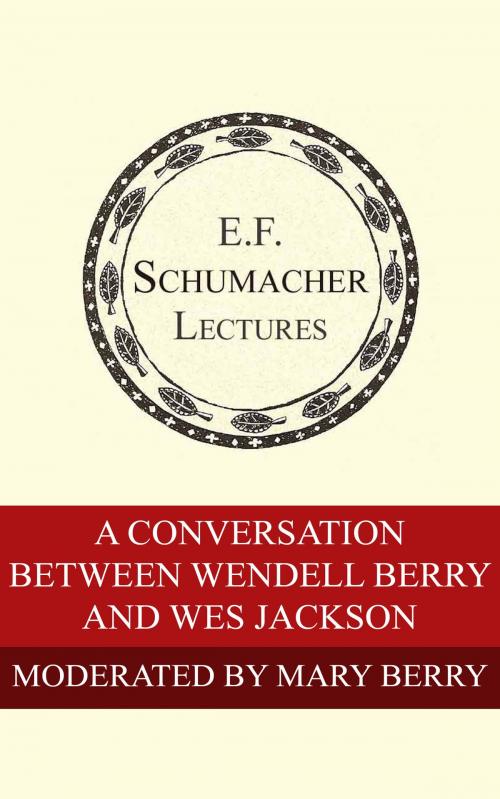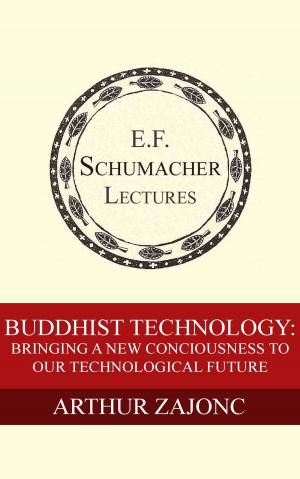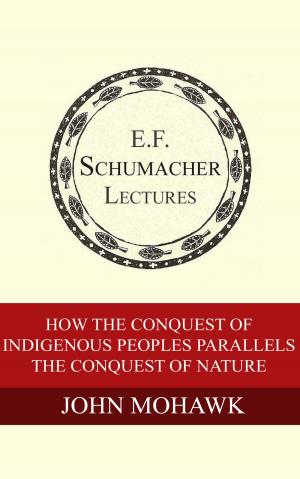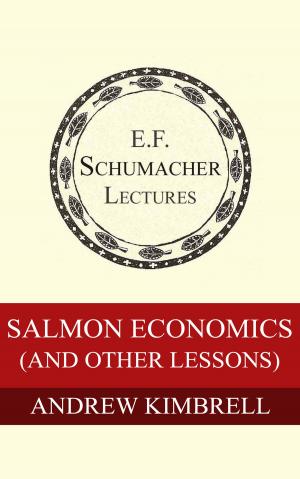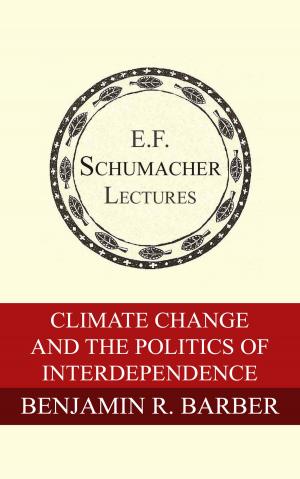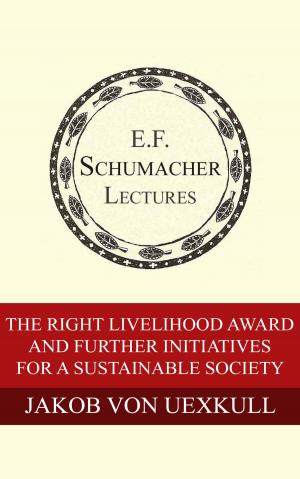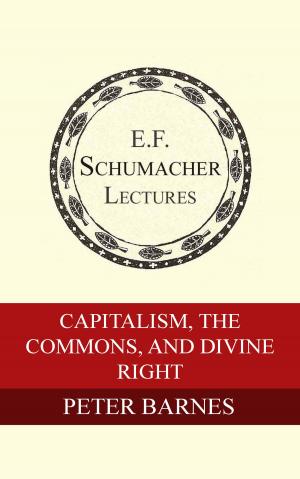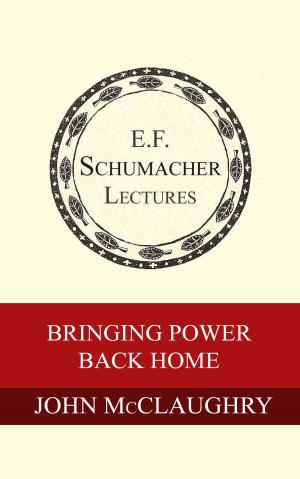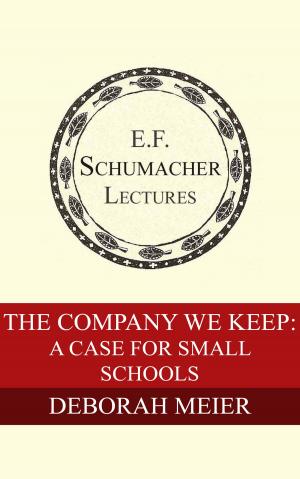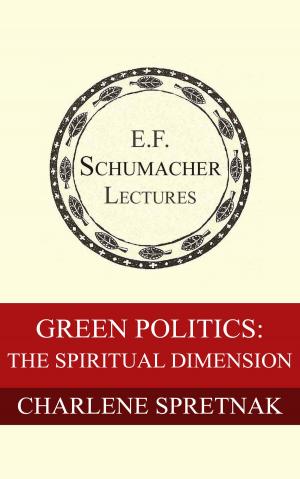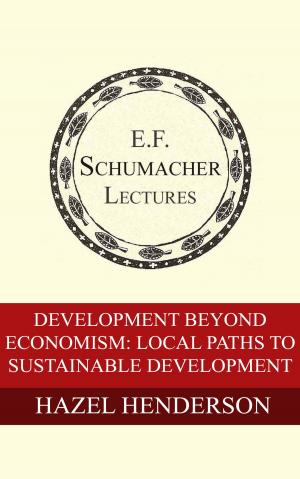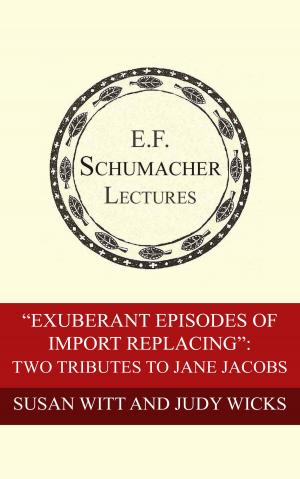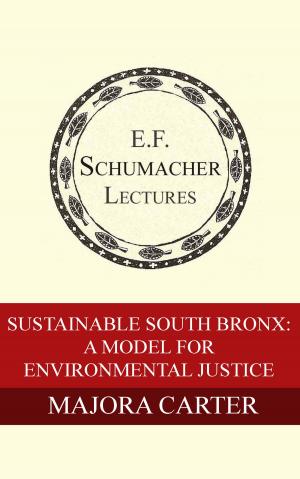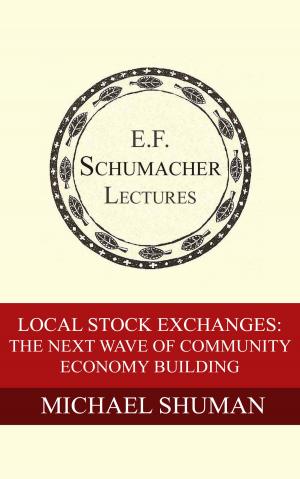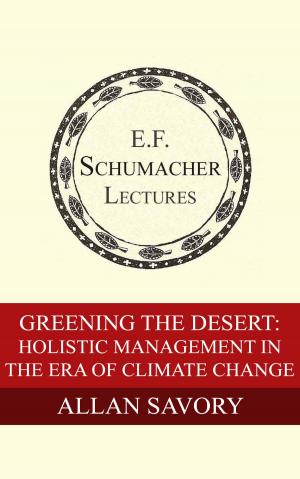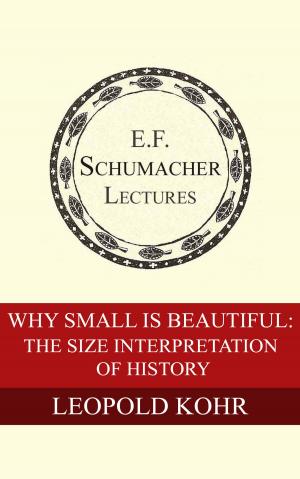A Conversation Between Wendell Berry and Wes Jackson
Nonfiction, Social & Cultural Studies, Social Science, Sociology, Rural, Science & Nature, Technology, Agriculture & Animal Husbandry| Author: | Mary Berry, Wendell Berry, Wes Jackson, Hildegarde Hannum | ISBN: | 1230001650303 |
| Publisher: | Schumacher Center for a New Economics | Publication: | April 21, 2017 |
| Imprint: | Language: | English |
| Author: | Mary Berry, Wendell Berry, Wes Jackson, Hildegarde Hannum |
| ISBN: | 1230001650303 |
| Publisher: | Schumacher Center for a New Economics |
| Publication: | April 21, 2017 |
| Imprint: | |
| Language: | English |
The collection of lectures and publications from the Schumacher Center for a New Economics represents some of the foremost voices on a new economics.
At the 36th Annual E. F. Schumacher Lectures Mary Berry–Executive Director of The Berry Center–moderated a conversation between Berry and Jackson, during which they discussed the urgent problems that farmers are facing and the deep cultural divide between the inhabitants of urban and rural places. They called for a different kind of education, one that encourages young people to return to the land, dig in, get to know the place, and develop an understanding and affection for the land and the people living on it. There must be a cultural transformation, or cycle, that encourages an unending conversation between old people and young people, thus assuring the survival of local memory, which is rapidly disappearing in the modern extractive economy.
The collection of lectures and publications from the Schumacher Center for a New Economics represents some of the foremost voices on a new economics.
At the 36th Annual E. F. Schumacher Lectures Mary Berry–Executive Director of The Berry Center–moderated a conversation between Berry and Jackson, during which they discussed the urgent problems that farmers are facing and the deep cultural divide between the inhabitants of urban and rural places. They called for a different kind of education, one that encourages young people to return to the land, dig in, get to know the place, and develop an understanding and affection for the land and the people living on it. There must be a cultural transformation, or cycle, that encourages an unending conversation between old people and young people, thus assuring the survival of local memory, which is rapidly disappearing in the modern extractive economy.
